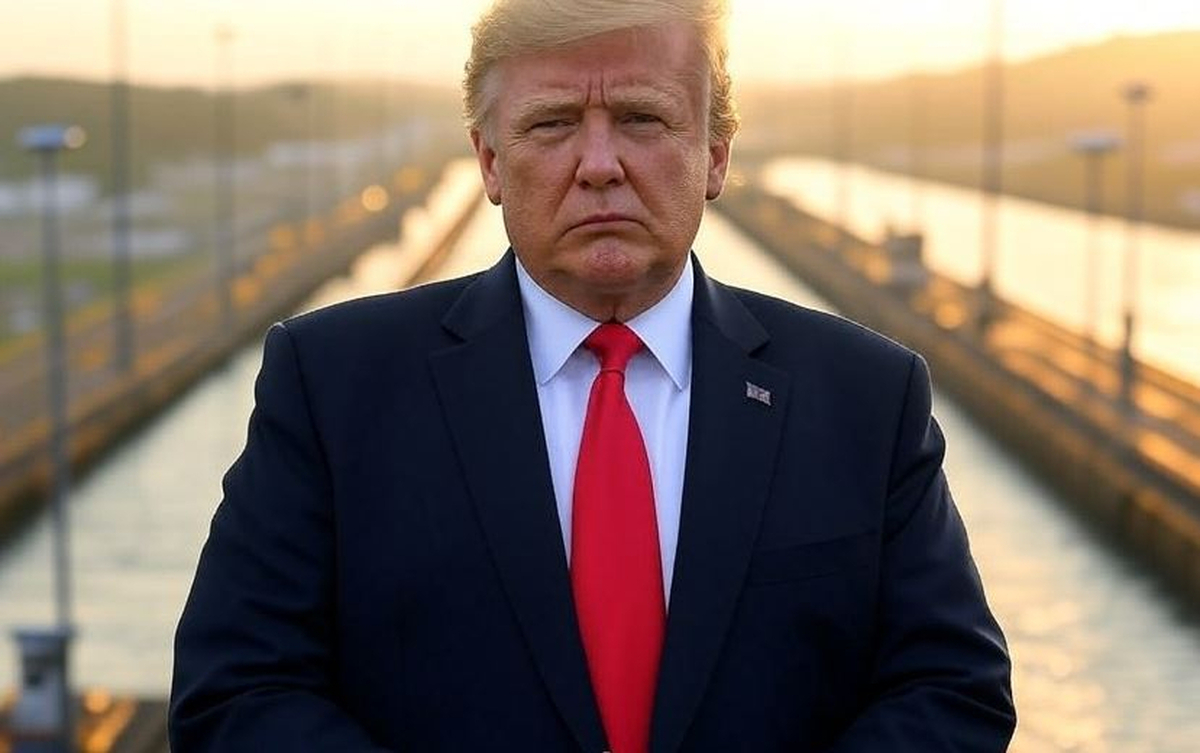Washington D.C./Panama City – In a move that has stirred international waters, President-elect Donald Trump has publicly declared his intention to potentially retake control of the Panama Canal, describing it as a "vital National Asset" for the United States. This statement has ignited a diplomatic firestorm with Panama, where President José Raúl Mulino has responded with a firm rejection, asserting that "every square meter" of the canal belongs to Panama.
Trump's comments came during a speech at a conservative activist gathering in Phoenix. In it, he criticized the current canal fees as "ridiculous" and suggested that the U.S. might demand the canal's return if Panama does not ensure its "secure, efficient, and reliable operation." His remarks are seen as part of an "America First" policy emphasizing U.S. economic and security interests.
The Panama Canal, completed by the United States in 1914 and handed over to Panama in 1999 under treaties signed during the Carter administration, is one of the world's most critical maritime routes. It facilitates trade between the Atlantic and Pacific Oceans and generates significant revenue for Panama, accounting for about one-fifth of government income annually.
President Mulino's response was swift and unambiguous. He emphasized Panama's sovereignty over the canal in a statement, stating, "Our independence and sovereignty over the canal are non-negotiable." This rebuttal has sparked a broader debate over historical U.S. control, the canal's neutrality, and the implications of foreign influence, particularly from China, which has been expanding its economic footprint in Panama.
The controversy has quickly spread across social media platforms, with discussions trending on X under various hashtags. Opinions range from those supporting Trump's stance for strategic reasons to those decrying the move as a violation of international law and treaties. Some commentators have highlighted the canal's history, including the U.S.'s role in Panama's independence from Colombia in 1903, partly motivated by securing canal rights.
This incident comes at a sensitive time as Trump prepares to assume office in January 2025, following his election as the 47th President. His rhetoric on the canal could indicate a more aggressive foreign policy approach, potentially straining U.S. relations with Central and South American countries.
The international community and legal experts closely watch this development, analyzing the legal and diplomatic ramifications. Although some see Trump's statements as political posturing, they have undeniably put Panama's control of the canal under the spotlight, raising questions about the stability and future governance of this crucial global trade artery.
As this situation unfolds, it will test the diplomatic relations between the U.S. and Panama, potentially setting precedents for international law concerning territorial sovereignty and historical agreements.
